All Rights reserved
By continuing to use our site, you agree to our Privacy Policy and Terms of Use.
Your support makes The Advocate's original LGBTQ+ reporting possible. Become a member today to help us continue this work.
When the University of the Cumberlands in Williamsburg, Ky., expelled sophomore Jason Johnson for revealing he's gay on his MySpace profile, a political firestorm ensued that pitted school officials and Kentucky governor Ernie Fletcher against a growing number of Kentuckians who oppose using state money to fund the Southern Baptist college, including a recent appropriation of $10 million for a new pharmacy school building and $1 million in scholarships. State senator Ernesto Scorsone, Kentucky's only openly gay elected official, is at the forefront of the fight to overturn Governor Fletcher's decision to approve funding for the school. He spoke with The Advocate about the controversy, the governor's record of discrimination, and what's at stake for both gay and straight Kentuckians.
Does the University of the Cumberlands have the right to discriminate? Legally, as long as it's a private school they're allowed to be selective. But this year's budget embarked the state on a totally new venture--putting public money into a private religious school. When you go back to Kentucky's last constitutional convention, in 1890, the delegates made it clear they did not want public money to go to private schools. They felt we gave them enough of a break by not taxing them. Morally, though, it's inconsistent with the concept of higher education to be exclusive. The value of education is to have an exchange of ideas, which is hard to do if you only hear one side.
How does the proposed scholarship program factor in? This is a new million-dollar program which says we will give free tuition to pharmacy students, but only if they'll attend the University of the Cumberlands. Well, guess what, gay kids can't go to this school. So all of a sudden you have a state program that's only available to heterosexuals. That's absolutely unacceptable and absolutely unconstitutional.
The governor approved the budget for the pharmacy school but filed a lawsuit asking the courts to rule on its constitutionality. Is he playing both sides? Since we have line-item vetoes in Kentucky, Governor Fletcher could've just vetoed the program, but he chickened out and said 'Let the courts decide.' In reality, though, it's a smoke screen. It's just someone in his cabinet suing someone else in the executive branch, asking the courts to go ahead and approve it. The irony is the governor's used his veto power to cut many programs at state institutions, including over $200 million of bonding issues.
What can be done to stop it? Christina Gilgor, the director of the Kentucky Fairness Alliance, filed a suit even before the governor did, asking the courts not to approve the appropriations. We're speaking out and we're getting more groups involved in this lawsuit. There was a rally last month across from the university and there will be more.
This isn't the only antigay move Governor Fletcher has made.On April 11, Diversity Day, he took away the protections we had established for LGBT state employees with a previous executive order I helped draft with former Democratic governor Paul Patton. He worded the new order so it hid what he was trying to do, but we realized immediately he had stricken protections for LGBT people. I spoke out, calling it callous and mean-spirited. It sets the state back and damages our reputation.
How has this damaged the state's reputation?There was a wonderful story in the Lexington Herald-Leader about how it's bad for business for the state to be seen as antigay. Cincinnati learned the hard way when they passed antigay legislation. They lost convention business and certain companies refused to do business with the city. We're in a knowledge- and information-based economy, so if you're accepting and tolerant, that fosters an environment of creativity and development.
Are you concerned your involvement will jeopardize your political career?Well, I don't think there was any question that I was going to get involved. I've been involved in civil rights for a very long time and this is such a blatant act of discrimination. And I think my district appreciates the role that I play.
When did you come out?I made a statement three years ago, around the time we signed the last executive order, but I think a lot of people already knew. I've lived with my partner for over 12 years and I've been very up front on gay issues, both as an attorney and a legislator. I've never lied about my sexual orientation--I just didn't have a big press conference or anything. The response from my constituents has been overwhelmingly positive.
What would you tell people on the East and West coasts who have a preconceived notion of what it's like to be gay in Kentucky?I think in rural areas and smaller cities there's a greater sense of community among LGBT folks than you find in a big city. Maybe it's because we feel we need to stick together. But I also think there's a strong feeling here to protect our own. Even in small communities, it's often worse to be from out of town than to be gay.
To help defend gay rights in Kentucky, contact the Kentucky Fairness Alliance at www.kentuckyfairness.org.















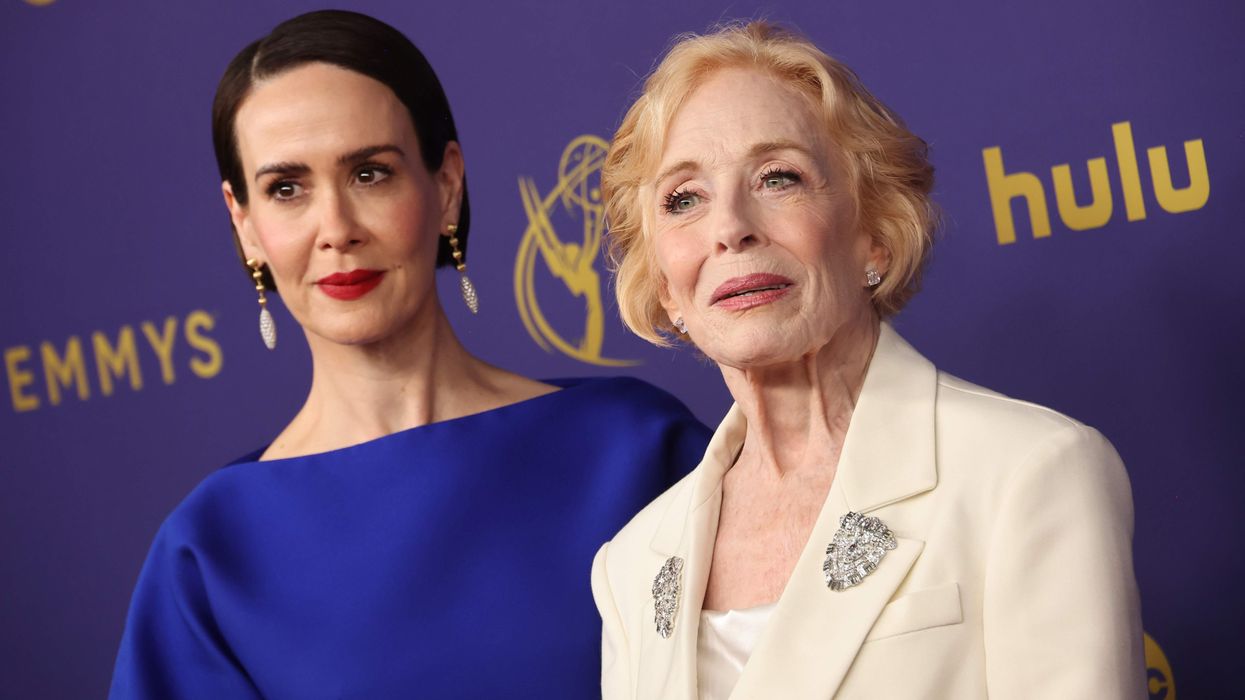

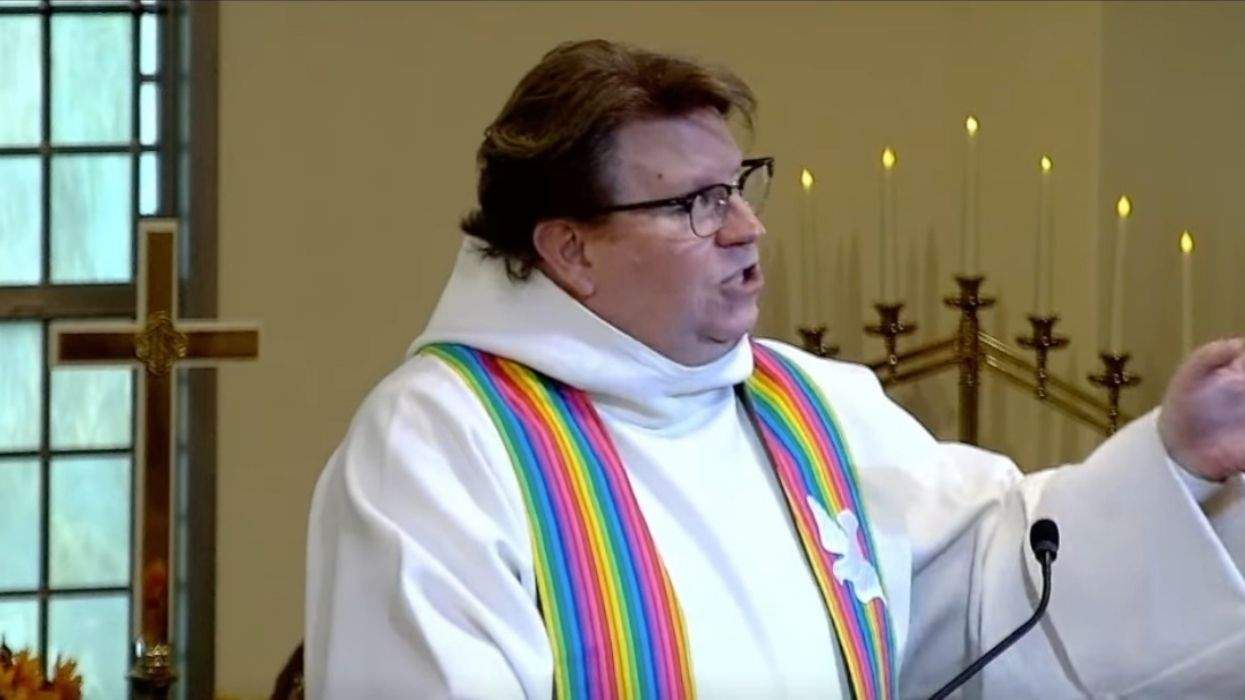


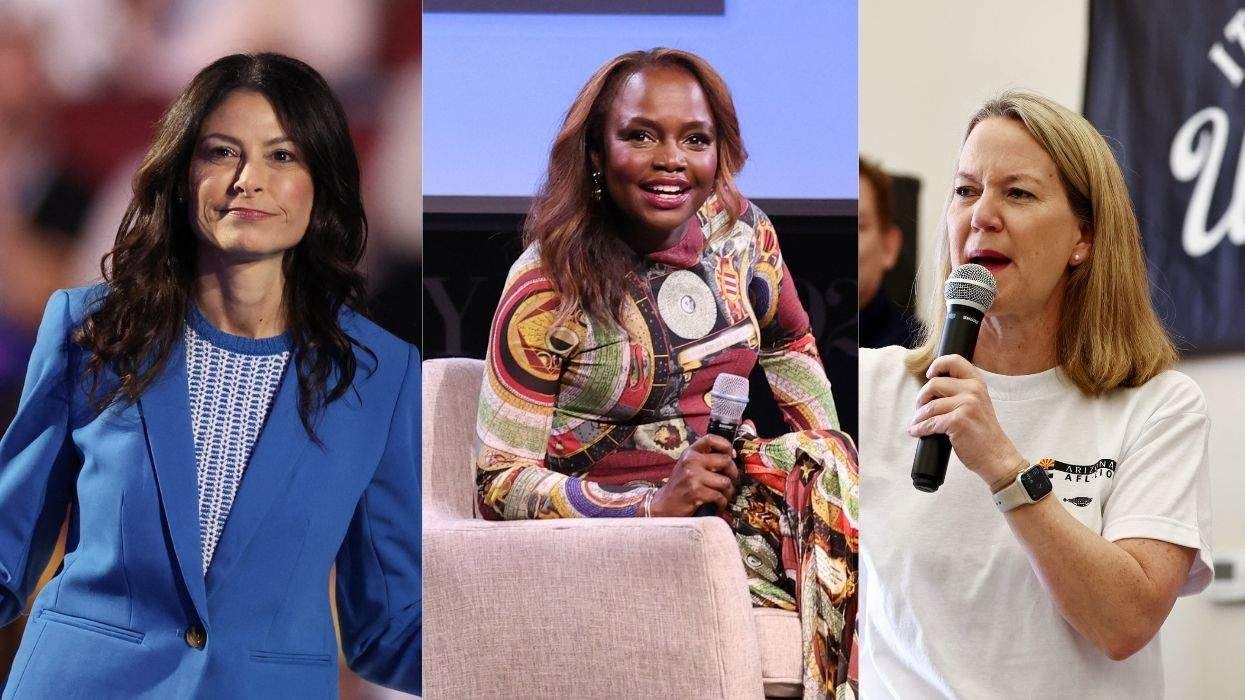



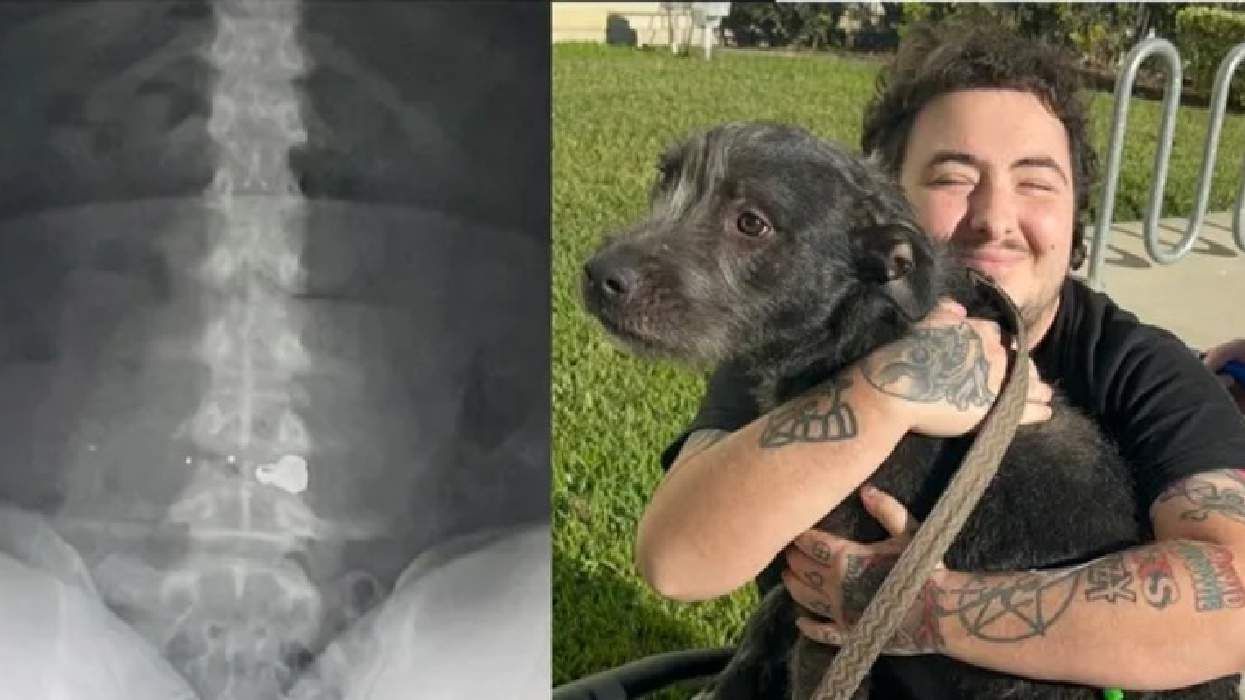

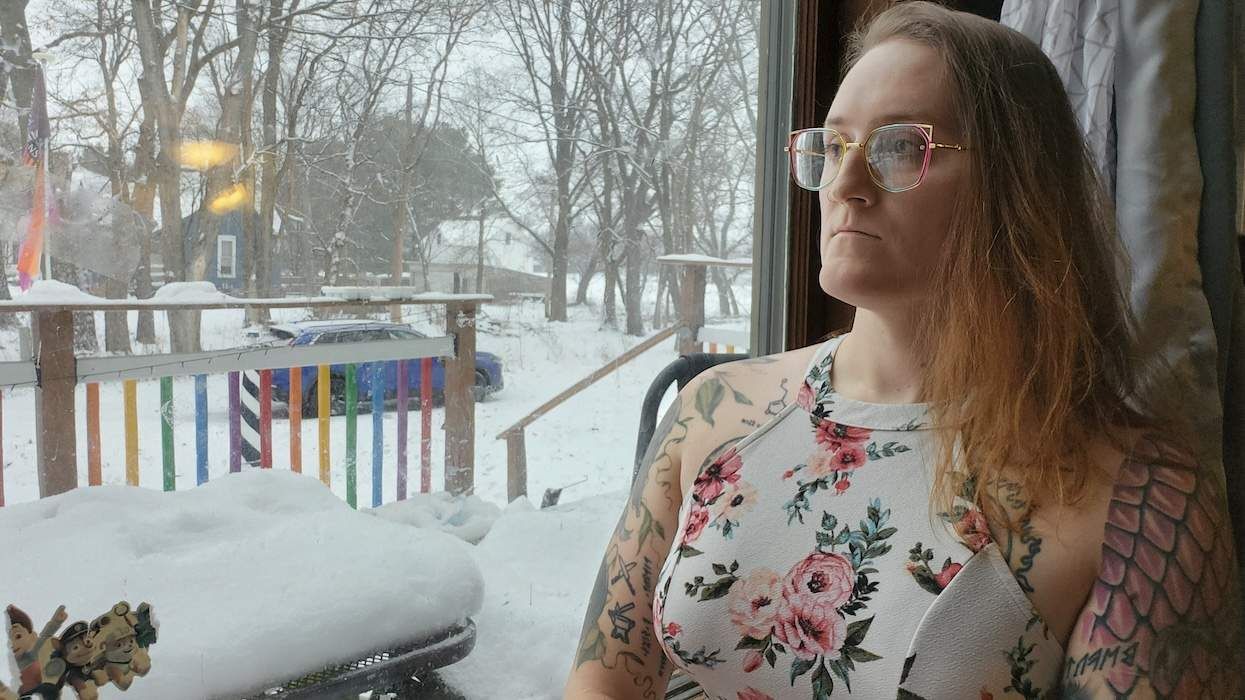
















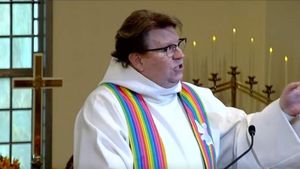














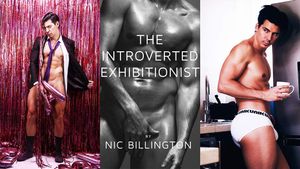

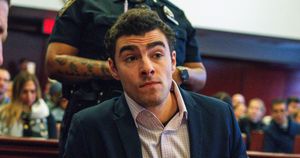







Charlie Kirk DID say stoning gay people was the 'perfect law' — and these other heinous quotes